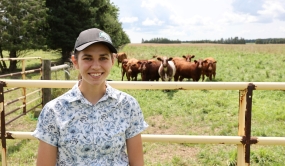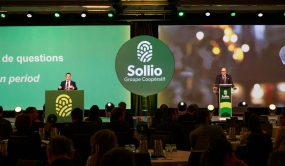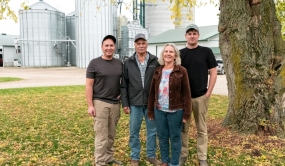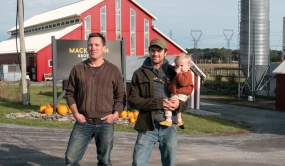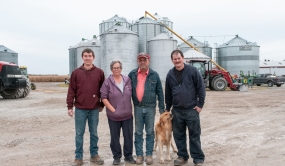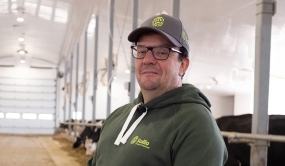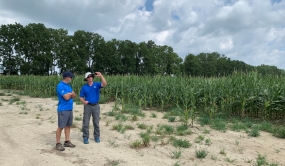Collective Action: Yes, It Works!

In 2009, to everyone’s surprise in the world of economics, Elinor Ostrom was awarded the Nobel Prize in Economics. Not only was she an unknown, but she was a woman! Until then she had never garnered attention since her work focused on managing common goods through collective action. For most economists, the question of collective action had long been dealt with.
In fact, according to widely accepted notions in economic, humans are fundamentally selfish and only consider their own interests. On this basis, common goods cannot be managed efficiently by their users since as individuals, they will inevitably seek to get a bigger share of the pie, and the resource is quickly ruined and depleted.
In California, Ostrom observed a collectivity that had taken on the management of a water table that had a tendency to dry out. Through a precise and exacting system, which the group itself had developed the rules and ensured its implementation; the water table recovered its equilibrium and provided a constant supply of quality groundwater for all to enjoy.
Lured by the potential presented by collective action, Ostrom became interested in the commons; a shared resource that is used and managed by a collective who has given itself governing rules for the purpose of conserving and ensuring the continuity of the said resource so that all can benefit. She studied areas where there are natural resources that are still managed collectively by their users. From the forests of Nepal to the fish stocks of Indonesia, Ostrom meticulously collected data, conducted meta-analyses and then wrote a synthesis for which she was awarded the Nobel. Her work clearly demonstrated how the commons can be efficiently and sustainably managed by the groups who use them.
The commons is actually a very, very old idea. In fact, legal texts were discovered that dated as far back as Ancient Egypt. The commons were also very present from Antiquity to the end of the Middle Ages. This is a form of organisation that has endured for thousands of years. Then suddenly, by the end of the Middle Ages, almost nothing. What happened?
Allow me a short historical explanation. Back in England, starting at the end of 16th Century, landowners began to fence in their land to establish that it was private property and to maintain its exclusive use. The movement was called “the enclosure movement” and basically ended the farmers’ ancestral rights of use. No more access to the resource: No commons possible. Europe then entered an era of economic liberalism that soon led to the Industrial Revolution, which itself brought about unbridled capitalism. And we all know what happened next: Seeking some semblance of humanity, pleas for solidarity and social justice, people responded to capitalism’s exploitations by establishing the first cooperatives.
In an article written by Alexandre Guttmann, a doctoral student at the Université Paris 13, he retraces the commons’ values: democracy, education, cooperation, autonomy and independence.
If we stop to think about it, the relationship between cooperatives and commons is obvious.
Not only do they share the same values, cooperatives are also based on collective action and administered by their users. One might even say they are the spiritual children of the commons. Could it be that cooperatives are, in the end, a means of adapting commons to the private property system? “We no longer have access to common resources? Fine. Let’s become our own landowners!”
In my opinion, the question of collective action is far from having been dealt with, regardless of what the critics say. With cooperatives, it has found a new vitality. And that is good news; perhaps a collective takeover has the best chance at success for meeting the environmental challenges of the 21st Century.

